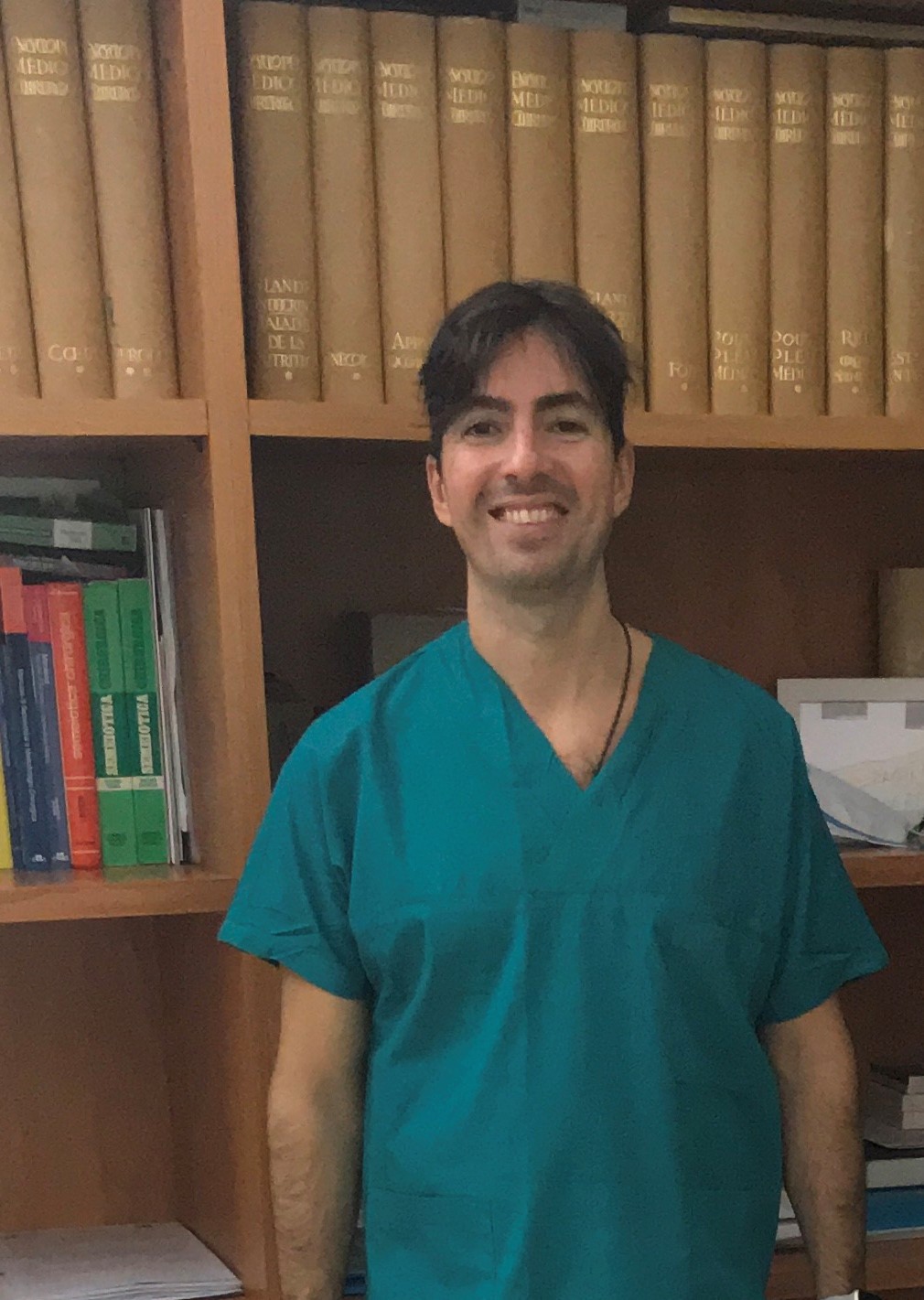ECCO Grant Study Synopsis: Francesco Giudici
Francesco Giudici, ECCO Grant Awardee
FINE DETERMINATION OF GUT TISSUE LAYERS’ INFLAMMATION EXPLORING IMMUNE-MICROBIOTA SIGNATURES: NEW BIOMARKERS OF RECURRENCE IN SURGICAL PATIENTS WITH CROHN’S DISEASE?
 Francesco Giudici Francesco Giudici© Francesco Giudici |
Aim of research
Up to 65% of patients with Crohn’s Disease (CD) show disease recurrence after ileocolic resection. The reasons for this high recurrence rate are still unclear, but the abnormal CD inflammatory process, against the microbiota, affects all the intestinal wall layers. We aim to explore the mutual interplay of inflammatory and microbial factors involved in CD through a systems-level study, defining the “correlation network” of mucosa-associated microbiota (and its faecal metabolites) at the time of ileocolic resection. We will evaluate whether specific microbial/inflammatory correlations are statistically associated with early postoperative endoscopic recurrence, assessed by colonoscopy at six months.
Methodology/experiments that will be used
Patients with ileal CD undergoing surgery will be prospectively recruited. At surgery, biopsies will be collected and divided into different layers (mucosa, submucosa and serosa) in both inflamed and non-inflamed ileal tissue. We will evaluate the cytokine profile of each layer. Furthermore, ileal tissue will be used for microbiota analysis, assessing composition and community structure (correlation network).
Anticipated main impact
Study of the correlations between gut microbiota and immunological factors offers the greatest hope of identifying new potentially important elements involved in CD and its progression. This is a unique project that will shed light on the correlation between cytokines and microbes in the multiple layers of the gut wall. It aims to explore the mutual interplay of inflammatory and microbial factors that may be contributing to the triggering of inflammation and to evaluate the association with postoperative recurrence after ileocolic resection. Currently, the optimal management of patients who have undergone surgical resection is unclear; thus our results may improve the process of identification of patients at high risk of future relapse.
Proposed timeline
The project will start on February 1, 2021 and end on February 1, 2022.